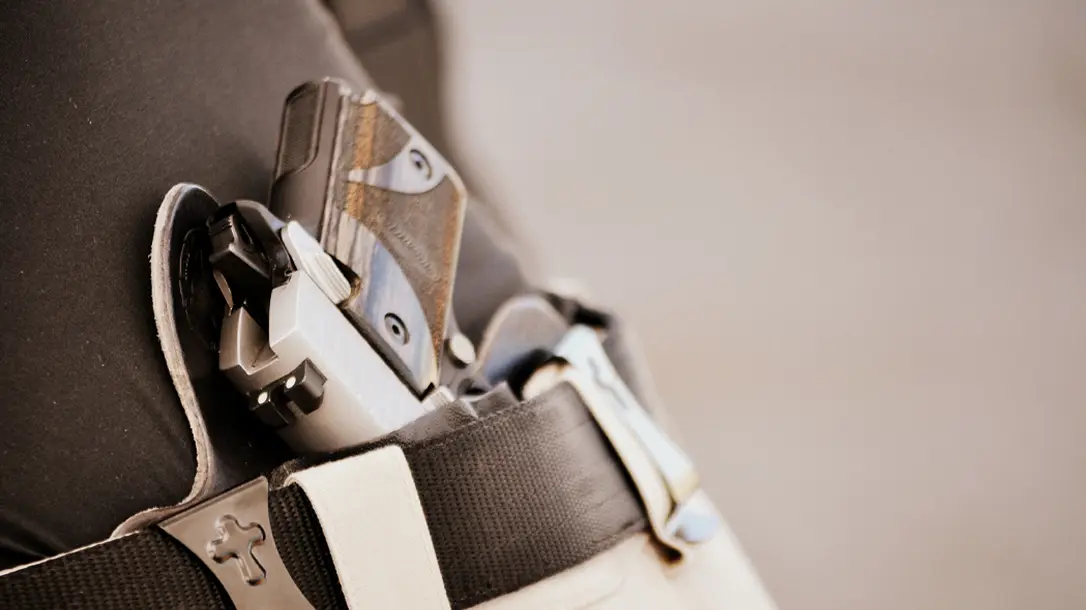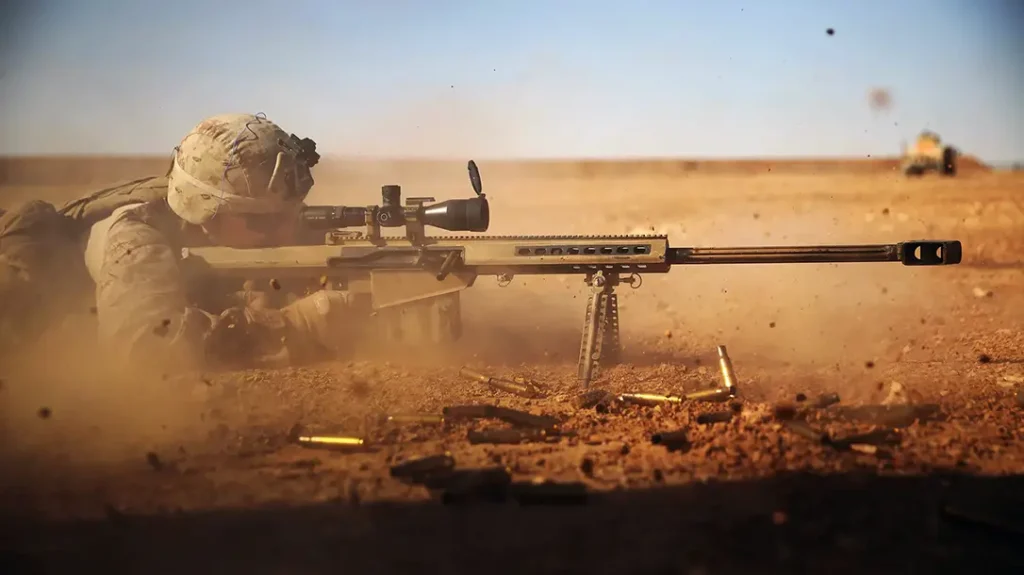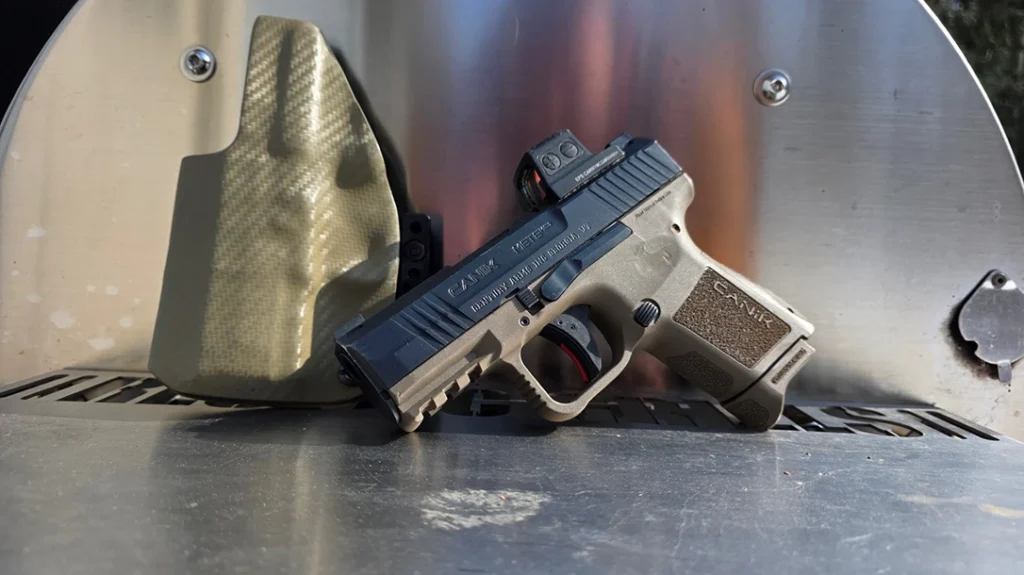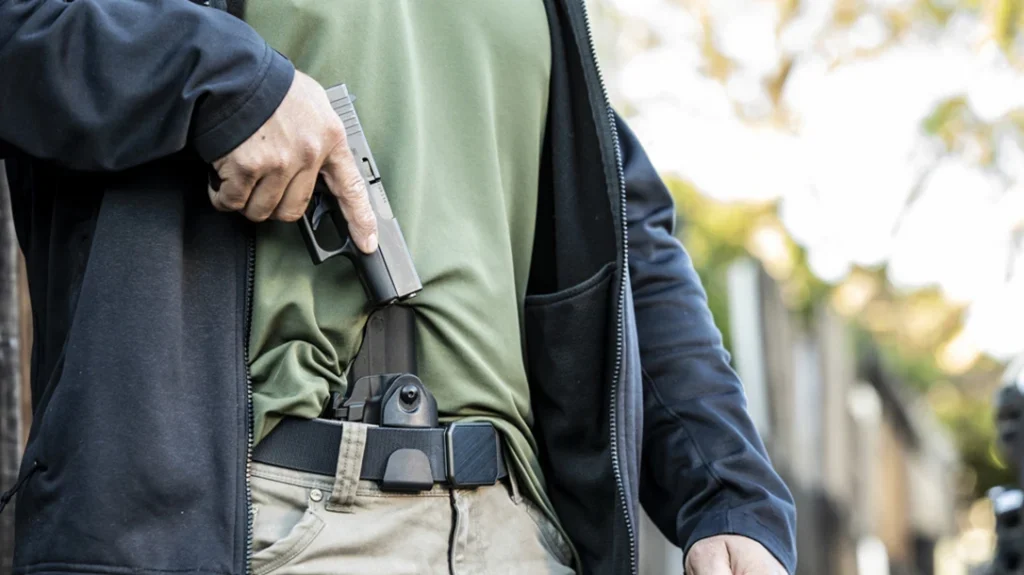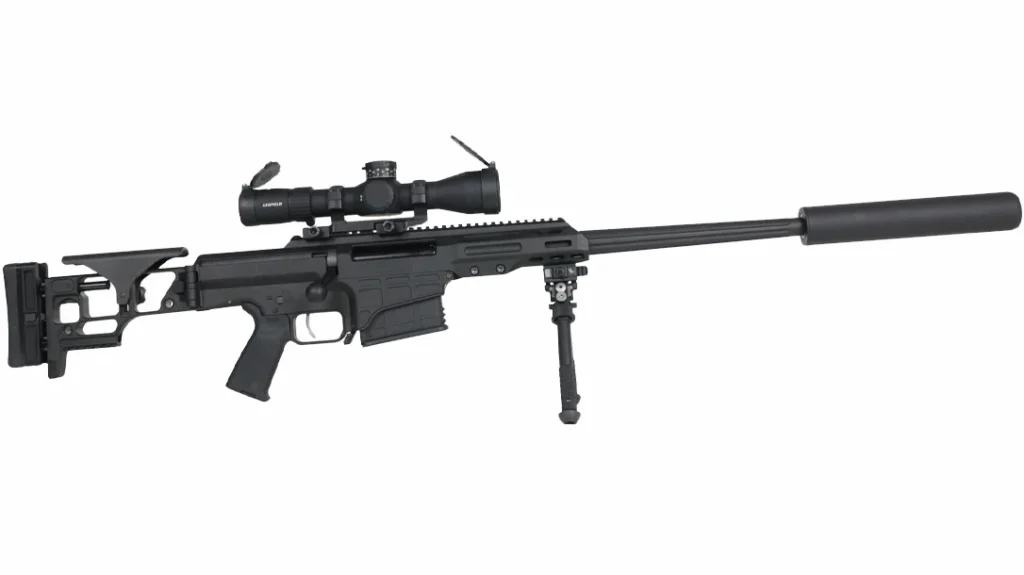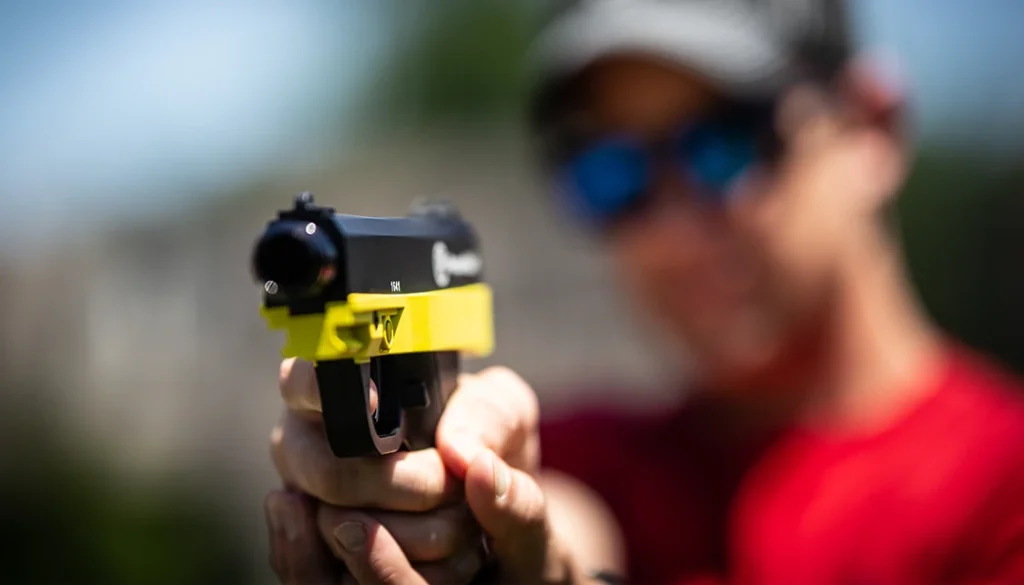Just how much is enough? This question is the root of endless discussions on choosing the correct caliber for your defensive handgun. A round that is always in the mix is the age-old .380. To many, this round is quickly brushed off as a 9mm set on “stun,” yet none of those jokesters are willing to be “stunned” with a .380 to prove their point. Many people are unaware that the .380 is the creation of John Moses Browning, the creator of our beloved 1911 pistol. Blasphemy, you may say, yet the .380 has a history of which many are unaware. Over the last 100+ years, many people have been carrying the .380.
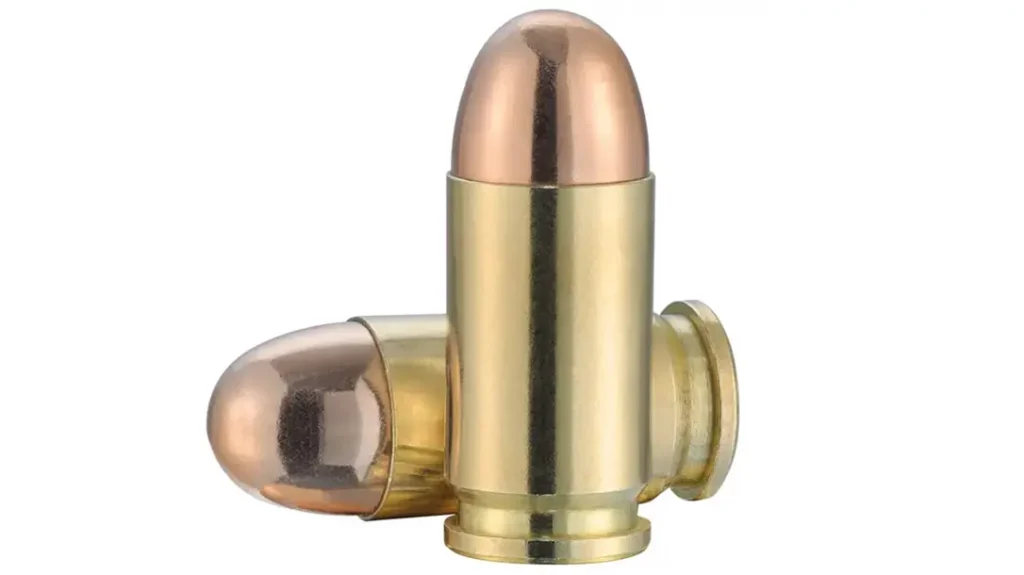
Carrying a .380
In fact, the .380 is the round used by Gavrilo Princip in 1914 to assassinate Archduke Franz Ferdinand and his wife, which eventually led to the First World War. The Colt Pocket Model 1908 chambered in .380 was also carried by General Patton in World War II. So, to dismiss the .380 is a mistake. However, we are not here to explore ballistic history. Let’s look at the pros and cons and the whys and why-nots of the .380.
Advertisement — Continue Reading Below
Currently, guns chambered in .380 tend to fall into the pocket pistol category. People are looking for a lightweight gun that is easy to carry and produces manageable recoil. The small size of these guns is a major benefit because they are easy to carry and conceal. Many people are unable or unwilling to carry a full-size gun, and gun manufacturers have addressed this market with pocket guns that, in most cases, are less than five inches long and weigh in at less than a pound.
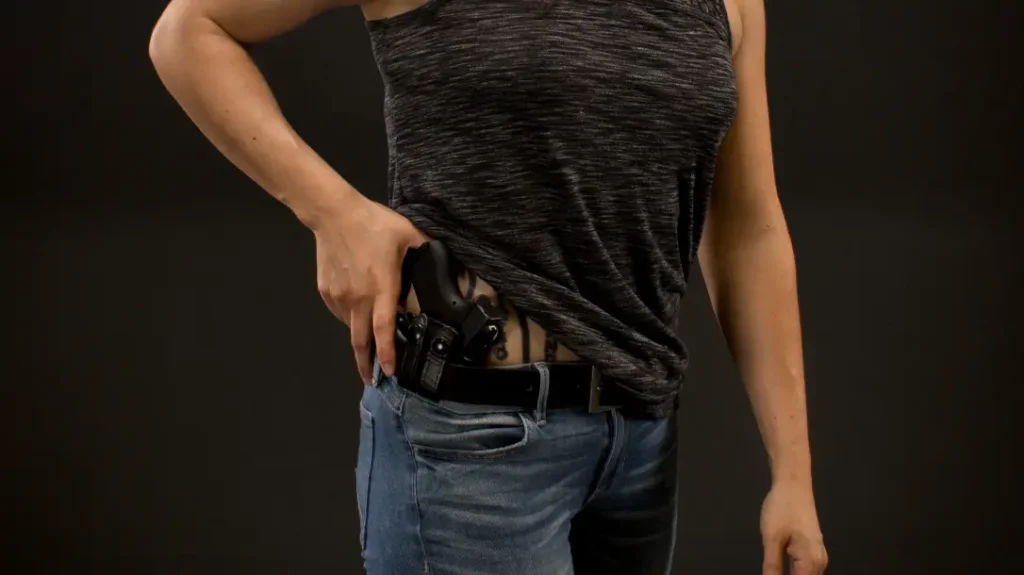
And in This Corner
Ballistically, the .380 round is considered the “power floor” or the smallest round for self-defense. Rounds generally average in the 90-grain area and produce decent penetration, considering their size. Without question, any .380 gun carried for defensive purposes should be loaded with hollow points. So, regarding size and weight, the .380 has some solid benefits.
Advertisement — Continue Reading Below
The downside of our little friend, however, is its’ size, both the round and the gun. The .380 is simply not a very powerful round. While I loathe the term “stopping power” regarding handguns, the .380 lacks the mass and velocity to cause significant trauma capable of consistently “stopping” an adversary. Have there been many people shot and stopped with a .380? Absolutely. However, there have also been countless people shot with this round that were not stopped. It is not a question of “will it work.” It is a question of “will it consistently work?”
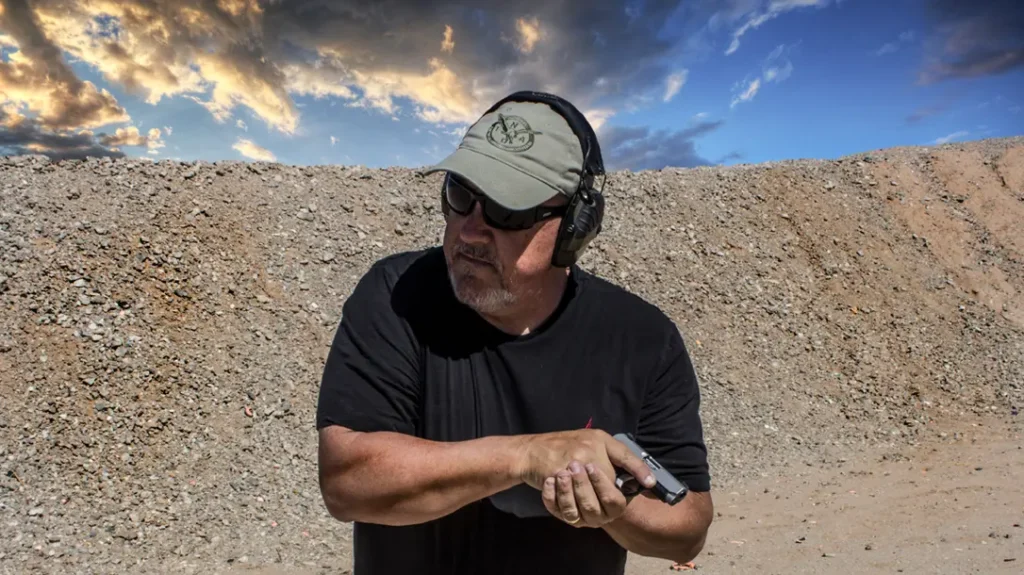
Bigger is Usually Better
Regarding handgun caliber, it is better to go with a caliber that has a higher probability of physically and/or psychologically stopping an adversary. It is not always a bigger and better scenario, contrary to what the devotees of the .45 ACP round may say. Ballistic performance should be our driving factor. As for the size of the gun, the pocket pistols lack sufficient real estate to get an optimal shooting grip. This is especially true for those with bigger hands. The byproduct of this is excessive movement of the gun under recoil. Slow fire shots may be easy to manage, but longer strings of fire tend to cause groups to climb and spread out. When you only have an average of six rounds to begin with, all of them need to be on target.
Advertisement — Continue Reading Below
So you have weighed your options and have decided to carry a pocket pistol chambered in .380. Let’s take a look at some carry methods as well as a few other points to consider. While the term pocket pistol is catchy, it leads some people to believe they can just drop the gun in a pocket and go. This could not be further from the truth. Any weapon carried as a defensive tool must be managed in a holster. There are small holsters that are even designed for the pocket. Once you place your pistol in a pocket, that pocket is now out of bounds for any other item. Extra things bouncing around in a pocket will ultimately find their way into the trigger guard and potentially cause a negligent discharge.
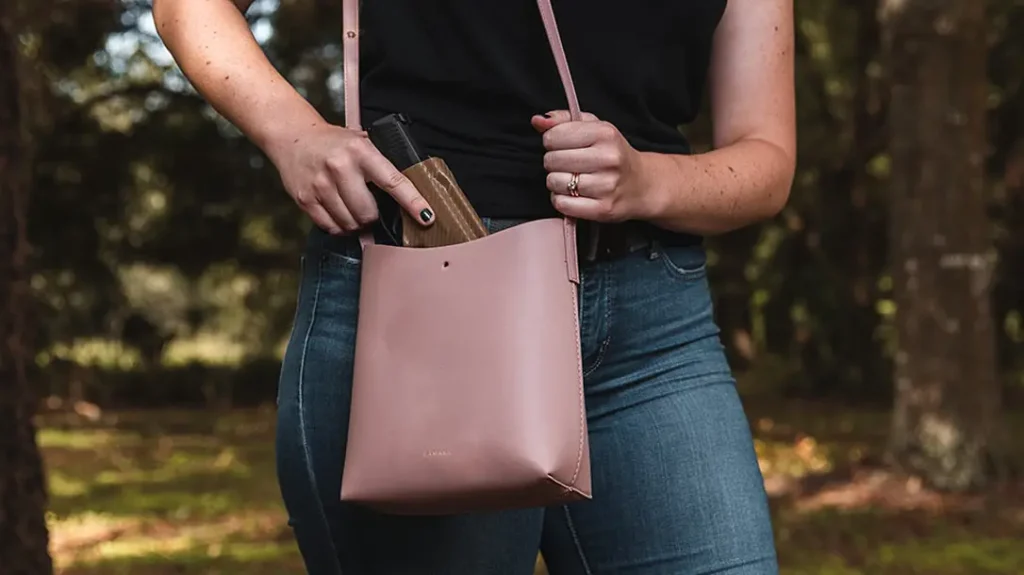
Keep In Clean
It is also a good way to keep the gun free of lint and any other foreign matter that could affect its operation. These pistols are also comfortable to carry with an inside waistband or ankle holster. They are light and small enough that they are hardly noticeable. One carry method used by many women is a purse carry. It is a personal opinion, but I would avoid this if at all possible. There are many reasons, but at the top of the list is the time it takes to get the gun into the fight and the overall lack of security of the gun inside the purse.
Advertisement — Continue Reading Below
If you carry with a purse, you need to train with it and make sure you have a holster inside for your gun. Better yet, choose a purse made by a professional company dedicated to this type of carry. Ammo-wise, I will once again point you towards hollow points as offering the best performance. Federal HST or Hornady XTP JHP are two options that will serve you well.
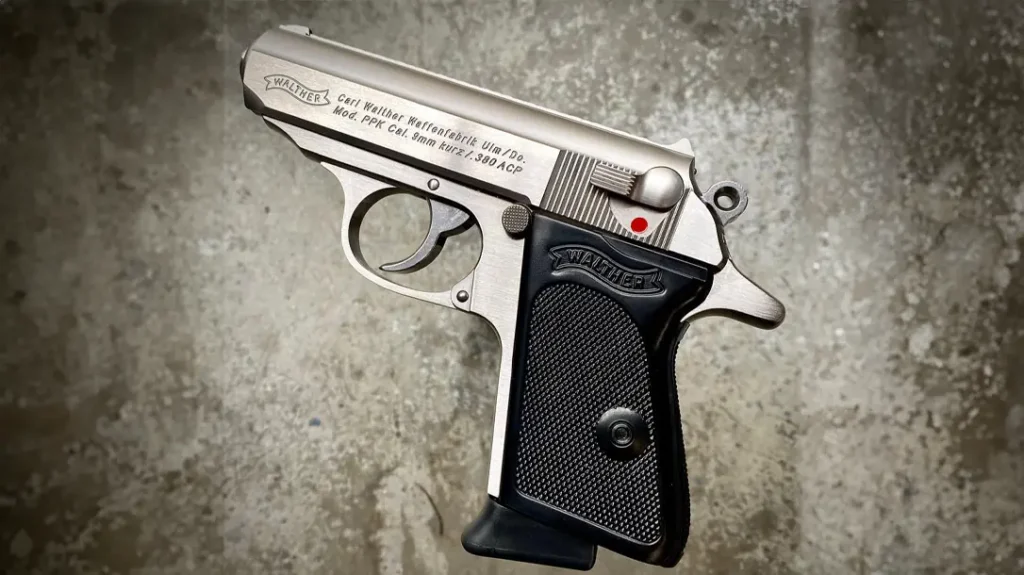
Shot Placements
The last thing we will discuss is just what to do with your .380 should a bad day come. Target placement is key, as is all shooting. Placing your shots center mass in succession will lead to the best chance of discouraging their assault. If you are in close-quarters proximity, I believe in multiple head and face shots. Even if they do not prove to be “cranial ocular” hits, they are massive blows to the head that can produce the desired effect. In some shooting circles, this may not be vogue, but it is a powerful deterrent.
Advertisement — Continue Reading Below
The choice of concealed carry gun is a very personal one. Educate yourself about what your options are. Simply relying on a friend or even a gun shop owner is not enough. They will not be standing in your shoes should you have to present the gun in self-defense. Choose wisely and remember that while the .380 is not a hand cannon, it is better than having no gun in a fight for your life.
For more information visit: https://www.gunsite.com
